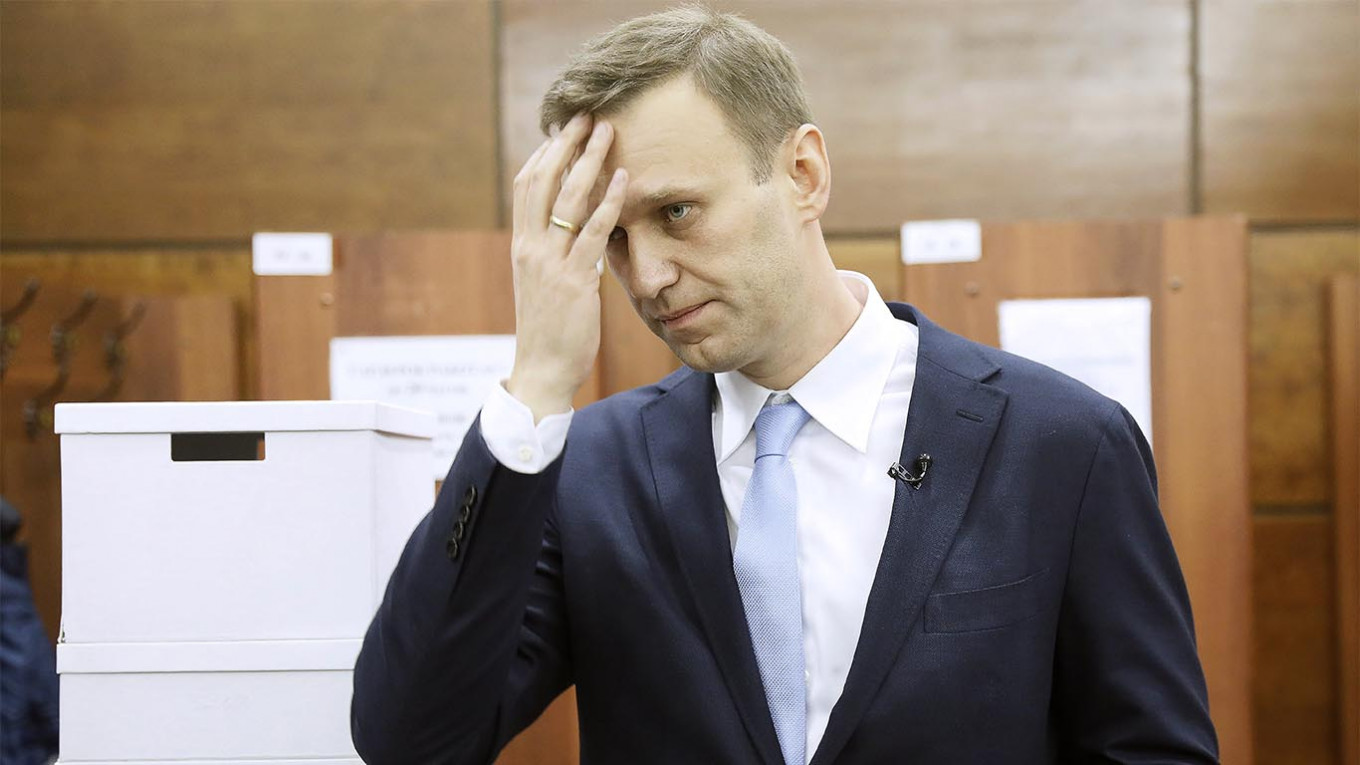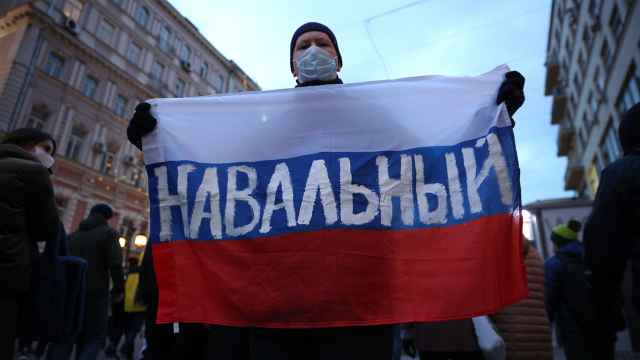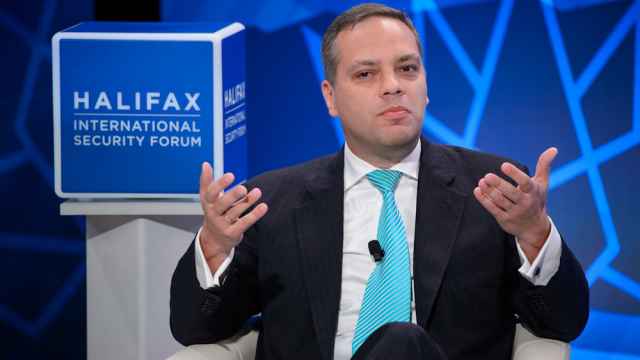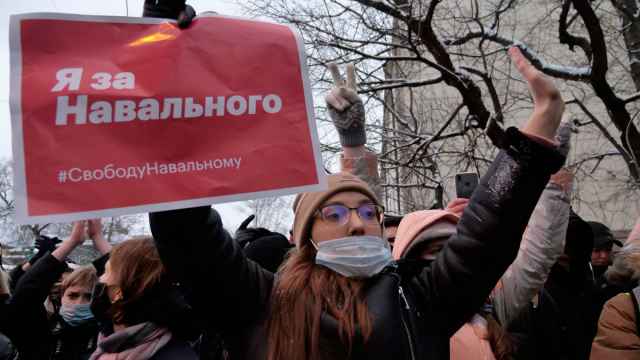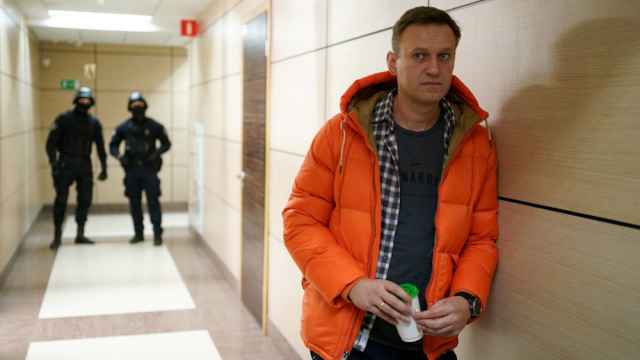Prominent Kremlin critic Alexei Navalny had “alarming” hypothermia while he was undergoing treatment in Siberia, according to the NGO that organized his evacuation to Germany.
Navalny, 44, a fierce critic of President Vladimir Putin and the de facto leader of Russia’s opposition, remains in a coma after falling suddenly ill on a flight to Moscow on Aug. 20. His supporters claim that Navalny was poisoned shortly before the flight.
The Berlin-based Cinema for Peace Foundation told Russia’s state-run RIA Novosti news agency Sunday that German medics who arrived in the city of Omsk, where Navalny was first being treated, to plan his evacuation, observed hypothermia.
“After a whole day of diplomatic efforts on every level and drafting our own medical report with an extremely alarming low temperature of 34.2 degrees [Celsius], we finally secured a decision to transport the patient at 22:00 local time Friday night,” the foundation said.
A body temperature below 35 degrees is defined as hypothermia caused by anything from low blood sugar to consumption of alcohol.
RIA Novosti quoted the statement as a press release, though it was not available on the NGO’s website or social media.
Navalny’s spokeswoman Kira Yarmysh has previously said no one but Navalny’s doctors, family or herself are authorized to share details about his condition with the public.
Berlin’s Charité hospital said last week that Navalny was poisoned with an unidentified substance belonging to a group of chemicals that affect the nervous system. Doctors in Omsk had ruled out poisoning, diagnosing Navalny with a metabolic disease.
In its latest statement Friday, Charité said Navalny’s symptoms have improved while his condition remains serious.
A Message from The Moscow Times:
Dear readers,
We are facing unprecedented challenges. Russia's Prosecutor General's Office has designated The Moscow Times as an "undesirable" organization, criminalizing our work and putting our staff at risk of prosecution. This follows our earlier unjust labeling as a "foreign agent."
These actions are direct attempts to silence independent journalism in Russia. The authorities claim our work "discredits the decisions of the Russian leadership." We see things differently: we strive to provide accurate, unbiased reporting on Russia.
We, the journalists of The Moscow Times, refuse to be silenced. But to continue our work, we need your help.
Your support, no matter how small, makes a world of difference. If you can, please support us monthly starting from just $2. It's quick to set up, and every contribution makes a significant impact.
By supporting The Moscow Times, you're defending open, independent journalism in the face of repression. Thank you for standing with us.
Remind me later.


